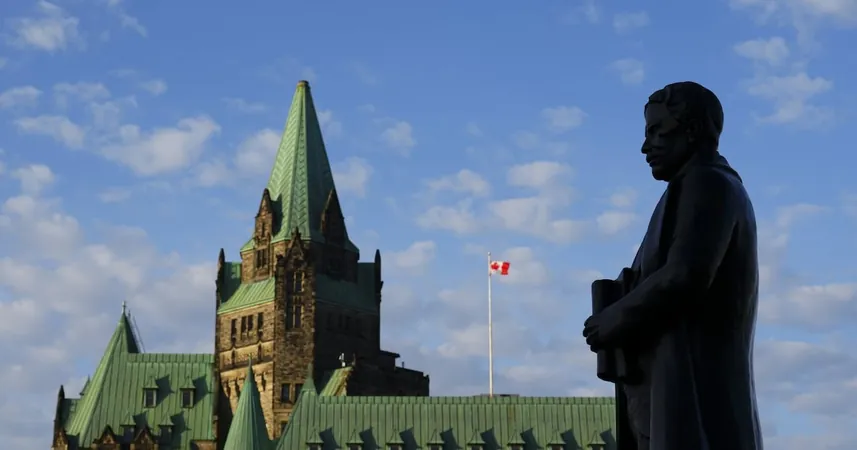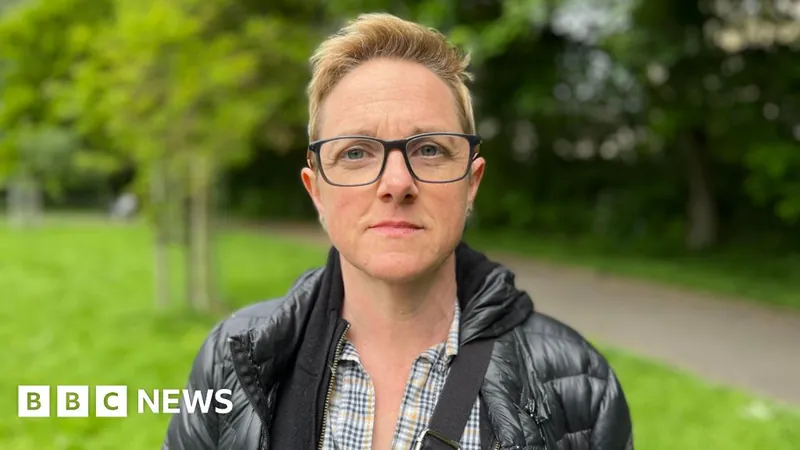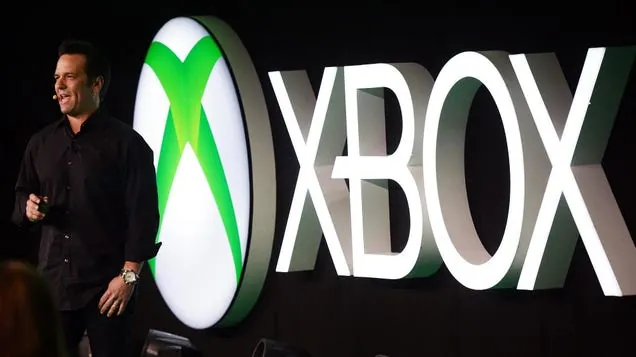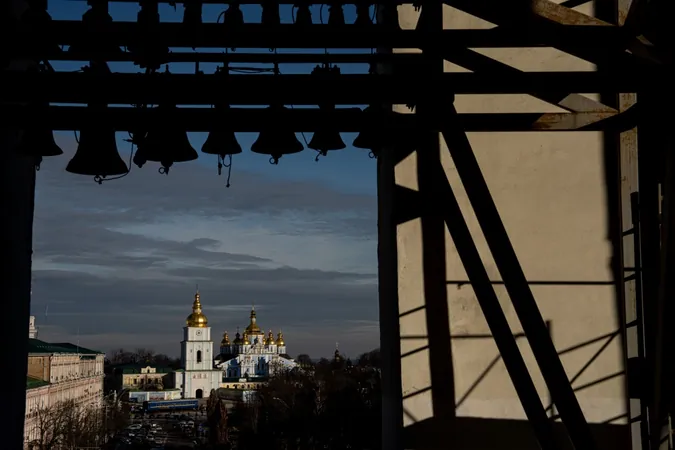
Parliament on the Brink: Will Canada Face a Historic Confidence Crisis?
2024-11-17
Author: Emily
OTTAWA — The current deadlock in the House of Commons might soon escalate into an unprecedented situation, potentially resulting in a silent crisis of confidence in the government without any formal vote taking place.
The Conservative Party and the Bloc Québécois have committed to initiating a non-confidence motion aimed at toppling the Liberal minority government whenever an opportunity arises. However, with the House currently paralyzed by a month-long filibuster, the timeline for when this opportunity might present itself remains uncertain.
For the beleaguered Liberal government, the ongoing standoff may initially appear beneficial as it delays any potential legislative setbacks. Yet, the lack of movement in Parliament inches the government closer to a critical point where it could jeopardize its ability to raise the necessary funds to maintain operations.
Constitutional expert Lyle Skinner remarked, “That would be unprecedented. At a certain point, this scenario will be interpreted as a loss of confidence, even without a traditional confidence vote.”
Following a short break for Remembrance Day, Parliament is slated to reconvene, with the expectation that the extended filibuster will resume. As the Canadians await developments, tensions run high as both the Liberals and Conservatives blame each other for the stagnation in the House.
The Conservatives have made clear that they will block House proceedings until the government presents unredacted documents related to a green technology fund that reportedly misused taxpayer money. Conversely, the Liberals argue that the Conservatives are hindering their own motions and should instead pursue discussions through a committee as instructed by the Speaker.
Liberal House Leader Karina Gould condemned the filibuster as “reckless and irresponsible,” insisting that the Conservatives should prioritize legislative progress over political gamesmanship.
The government claims it is not appropriate for Parliament to be ordered to provide documents for use by external parties, such as the RCMP, rather than for internal House functions.
Opposition House Leader Andrew Scheer countered by suggesting that Gould could quickly resolve the situation by releasing all relevant documents, as stipulated by parliamentary order.
The ongoing filibuster has effectively halted the government's ability to raise funds, an essential function of Parliament. Skinner emphasized that if Parliament fails to pass supply bills—which are critical for funding—this could signify a significant loss of confidence in the administration, potentially leading to an election.
While no immediate crisis is anticipated, the government will seek additional funds for unexpected expenses in December. Should the filibuster continue through that period, it could trigger a short-term budget crisis.
However, if this impasse drags on into March, the situation could escalate dramatically, mirroring a U.S.-style government shutdown. The government would be unable to allocate new funds, prompting the Governor General to intervene.
Although there are avenues to avoid falling into this crisis, such as cooperation from other opposition parties like the New Democrats to end the filibuster, it appears that no party is willing to take the necessary steps. The Bloc has proposed a resolution but only on the condition that their demands, including a $16 billion investment to bolster seniors' payments, are met.
The Conservatives maintain that the filibuster will only cease if the Liberals provide the demanded documents or if the NDP agrees to facilitate the government's downfall.
Meanwhile, the Liberals face limited options apart from calling for an election—allowing government funds to flow during a caretaker phase—or proroguing Parliament to reset discussions entirely.
Green Party Leader Elizabeth May expressed optimism, believing that the majority of Parliament members would ultimately strive to avoid a crisis of governance.
“As long as cooperation can be achieved, I don't foresee a looming crisis about the continuity of supply for government operations,” May stated during a recent conference.
This delicate situation underscores a fundamental truth: cooperation among political parties is essential to maintaining the stability of the Canadian government and serving the needs of its citizens amidst burgeoning tensions in Parliament.









 Brasil (PT)
Brasil (PT)
 Canada (EN)
Canada (EN)
 Chile (ES)
Chile (ES)
 España (ES)
España (ES)
 France (FR)
France (FR)
 Hong Kong (EN)
Hong Kong (EN)
 Italia (IT)
Italia (IT)
 日本 (JA)
日本 (JA)
 Magyarország (HU)
Magyarország (HU)
 Norge (NO)
Norge (NO)
 Polska (PL)
Polska (PL)
 Schweiz (DE)
Schweiz (DE)
 Singapore (EN)
Singapore (EN)
 Sverige (SV)
Sverige (SV)
 Suomi (FI)
Suomi (FI)
 Türkiye (TR)
Türkiye (TR)